#creoles
Text

Jacques Guillaume Lucien Amans (French, 1801-1888)
The Frey Children and Bélizaire, ca. 1840
Jacques Guillaume Lucien Amans was a French neoclassical portrait painter working in New Orleans in the 1840s and 1850s. He is famous for his New Orleans Creole portraits.
The term Creole was first used on the Gulf Coast to refer to the first generation of French or Spanish people who were born in the colonies.
In 1837 New Orleans, the Frey family lived in an elegant three-story townhouse in the French Quarter on the current site of the Carousel Bar in the Monteleone Hotel.
In this painting, a Black teenager stands beside a trio of White children. A recent historical discovery found that the young New Orleanian was an enslaved household servant named Bélizaire.
#Jacques Guillaume Lucien Amans#french art#american art#art#fine art#fine arts#1800s#classical art#european art#europe#european#oil painting#mediterranean#europa#creole#creoles#black history month#french#france#Bélizaire#new orleans#america#american
35 notes
·
View notes
Text
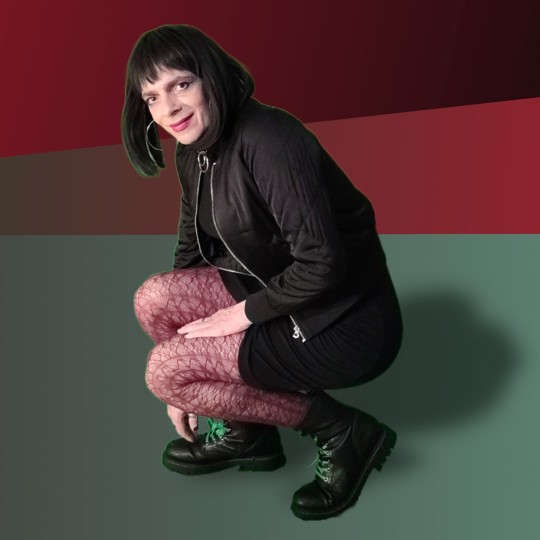
I like the goth style, but im not a goth, lol.
🌈 Follow https://www.instagram.com/_claudia_koning/
🌈 DM for collab
#cross dressing#crossd#crossdress art#crossdreser ass#crossdressgirls#nonbinary#doc martens#choker#mini skirt#mini dress#tight skirt#bomberjacket#creoles
40 notes
·
View notes
Text
I asked Google Bard to give me a specific situation in which a creole betwen Chinese, Korean, and English might form. So far, so good:

BUT THEN
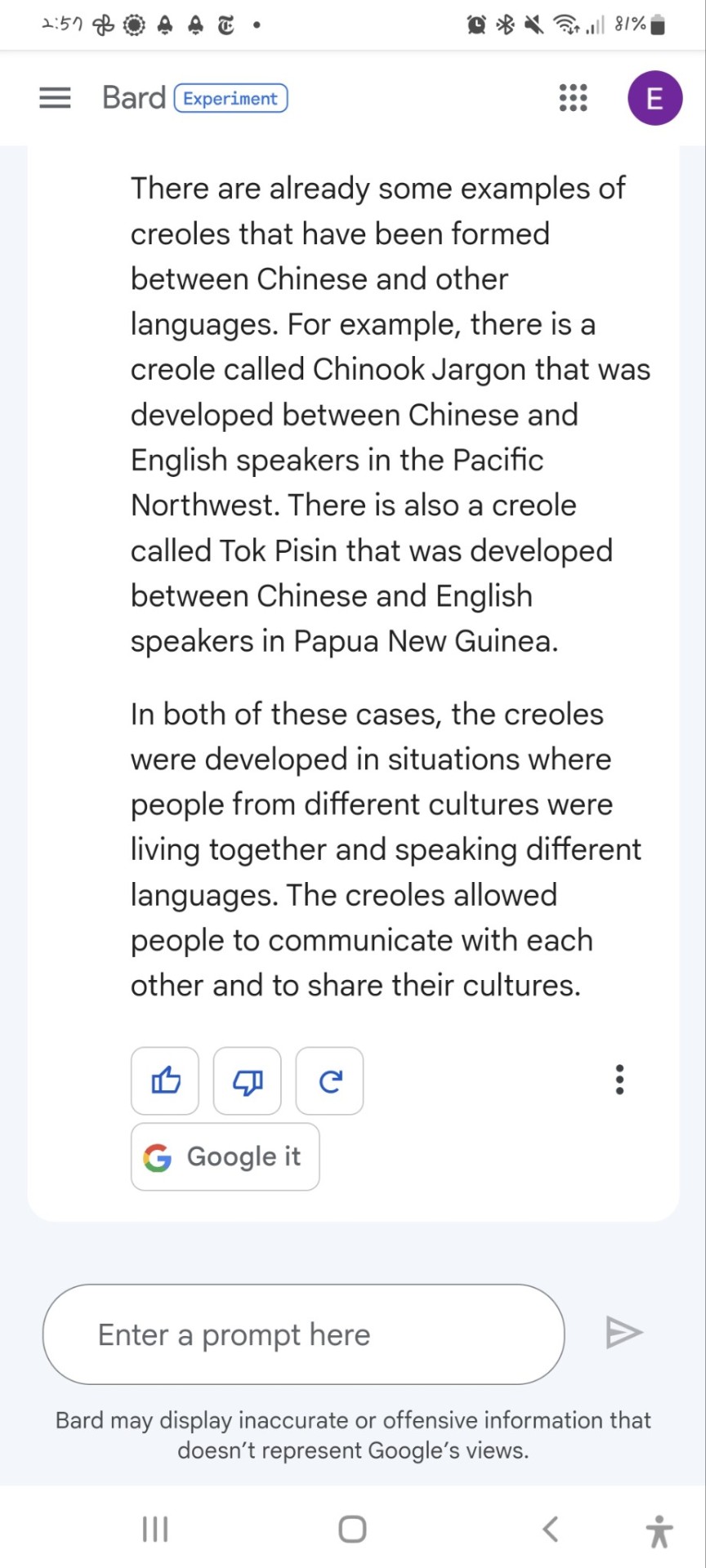
LIES
Chinook Jargon is a creole formed mainly between the Chinook language and French, with some words from English and various indigenous languages of the Pacific Northwest
Tok Pisin is a creole formed between various Melanesian languages, English, German, Malay, and Portuguese
Neither of these have significant Chinese influences so ???
30 notes
·
View notes
Text
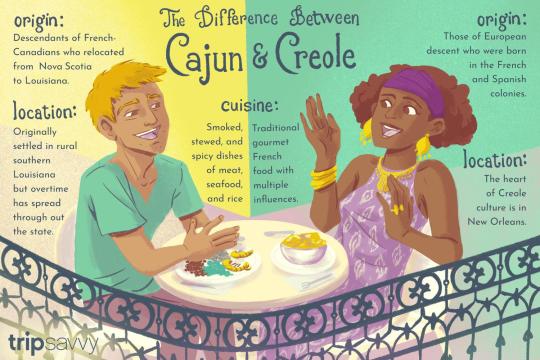
Why is New Orleans Creole and not Cajun?
“Cajun" specifically refers to the Acadians: the French settlers in Nova Scotia, some of whom had lived there for three generations or more, before the British expelled them between 1755 and 1764. Some were sent to other British colonies, and some were sent back to France. But when Spain took over Louisiana in 1763 and was offering free land to any colonists who would work the land and pay their taxes, many Acadians took the opportunity. They mostly settled west of New Orleans, on the prairies and in the wetlands.
The Cajuns were culturally and socially distinct from the French who had settled in New Orleans beginning in 1718: the Creoles (a word that originally applied to anyone of European descent who had been born in the New World, but that can encompass people with African and Native ancestry as well). New Orleans Creoles included wealthy plantation owners, traders, and businessmen; the Cajuns were mostly subsistence farmers. New Orleans Creoles generally spoke standard French until after the Civil War; many sent their children to be educated in France, if they could afford it. The Cajuns maintained their old French dialect, which is mostly intelligible to modern French speakers but sounds “rustic” to them.
Both groups have since intermarried with other groups that have immigrated to Louisiana: the Spanish, Germans, Irish, Americans, and others. And people move around; there are certainly Cajuns who live in New Orleans today. But New Orleans isn't Cajun, at its base, because it wasn't founded by the Acadians. The Acadians--"Cajuns” —mostly settled well to the west of it, in a region that's called Acadiana today.
#cajuns#kemetic dreams#new orleans#louisiana#creoles#european#african#afrakan#brownskin#afrakans#africans#brown skin
26 notes
·
View notes
Text
Starting in the 1600s, however, a growing demand tempted many ship captains to make the longer voyage to the British colonies in North America. Roughly one of every four slaves imported to work the cotton and tobacco plantations of the American South began his or her journey across the Atlantic from equatorial Africa, including the Kongo kingdom. The KiKongo language, spoken around the Congo River's mouth, is one of the African tongues whose traces linguists have found in the Gullah dialect spoken by black Americans today on the Coastal Islands of South Carolina and Georgia.
— King Leopold’s Ghost (Adam Hochschild)
#languages#linguistics#history#colonialism#racism#slavery#creoles#kingdom of kongo#usa#african americans#kongo language#gullah language
2 notes
·
View notes
Text
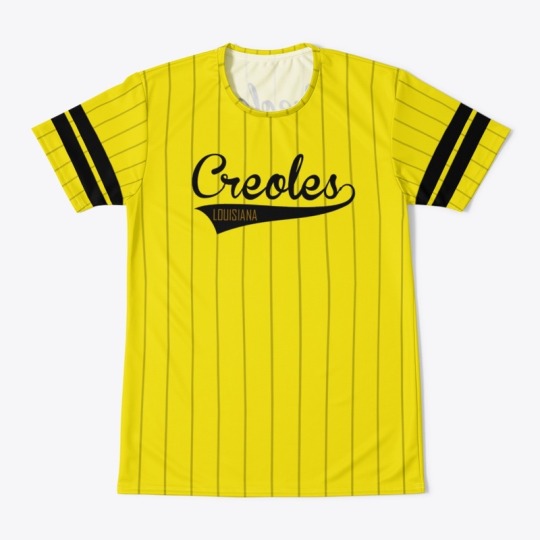
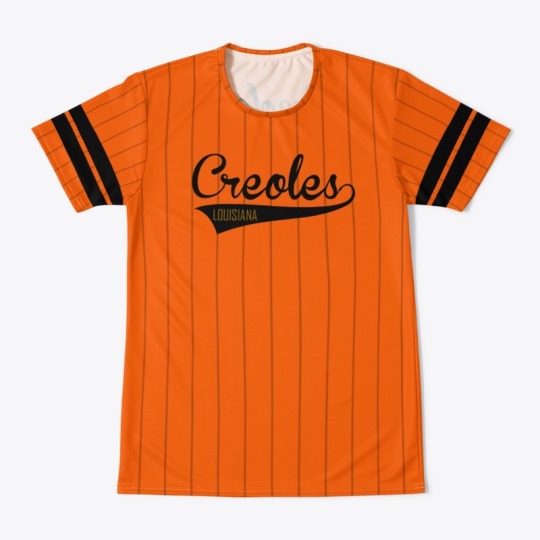



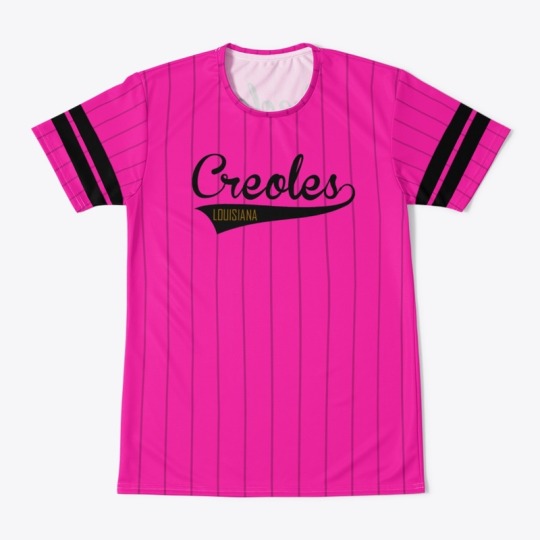


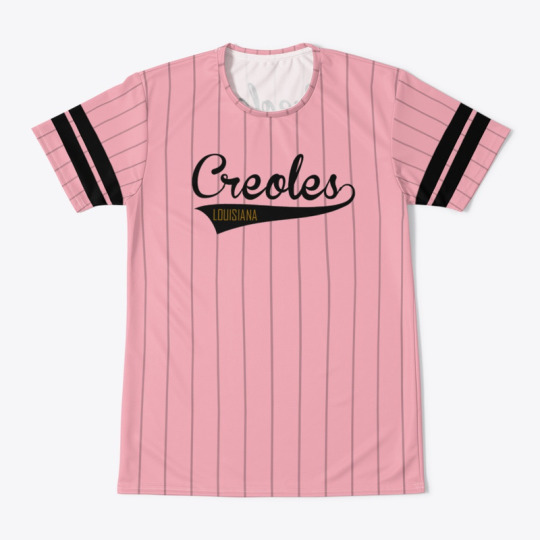
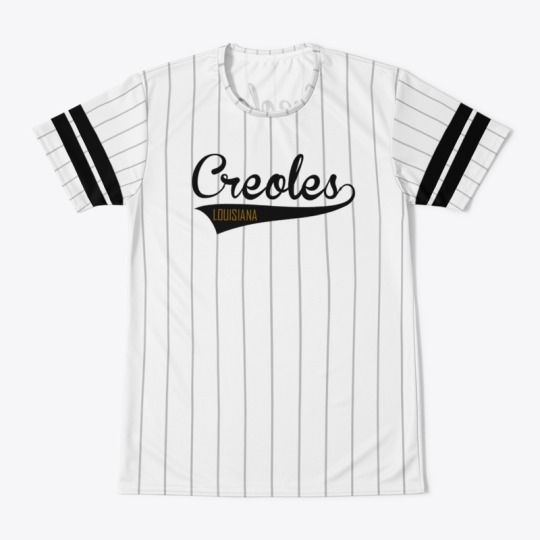
Louisiana Creoles jersey in 15 new colors! Visit Accented Dialect to check out the other vibrant colors and to grab yours!
#accented dialect#black owned#clothing#merch#merchandise#clothes#black owned store#new merch#jerseys#sports jersey#Louisiana Creoles#Creoles#Creole#Louisiana#Louisiana culture#Louisiana pride
2 notes
·
View notes
Text

#chit chats#charlie day shrine#guys jason derulo is haitian not french#haitian-creole is a french based language that’s why btw
50K notes
·
View notes
Text
A Cultural & Linguistic Introduction to Nigerian Pidgin
Brought to you by a Nigerian!
Hey guys <3
This post is long overdue, but I’m finally getting around to making it!
As most of you guys know, I’m from Nigeria, a country that serves as the point of origin for over 500 languages, and I am insanely proud of the rich linguistic history my country possesses. One thread in this vibrant tapestry of language and communication is commonly known as “Nigerian Pidgin”. Nigerian Pidgin, contrary to its name (which reflects its origins) is a creole and not a pidgin, and it functions as one Nigeria’s Linguae Francae. It’s spoken all over West Africa, (especially in countries neighboring Nigeria, such as Benin) but it originated in the country I call home. This post serves a non-comprehensive introduction to Nigerian Pidgin, and I hope you guys enjoy it!
NOTE: Although I can understand Pidgin fluently, my spoken Pidgin is far from perfect due to me not speaking it much growing up.
Vocabulary Breakdown 1
Pidgin: A grammatically simple form of a language that is most often used for communication between people or groups that don’t have a language in common. Pidgins are characterized by being simpler or “Broken” forms of a language (E.g. Broken English)
Creole: A language that develops through frequent contact or interspersion of two languages, and it usually arises from a pidgin. It differs from a pidgin in that it has developed rules and a determined structure. Examples include Nigerian Pidgin, Haitian Creole, and Singlish.
Lexifier: In regards to a pidgin or creole,the dominant language that provides a basis for its vocabulary. (In the case of Nigerian Pidgin and Singlish, the lexifier is British RP/Standard British English, but for languages like Haitian Creole, it’s French.)
Strate: “Layer” in Latin; refers to a language that either influences others through contact, or is influenced by others through contact.
Substrate: A strate with (perceived) lower prestige or power in comparison to another
Superstrate: A strate with (perceived) higher power or prestige in comparison to another
Adstrate: A strate lacking any identifiable higher or lower prestige.
Chapter One: Intro
Like all Creoles, Nigerian Pidgin has a lexifier, and ours comes in the form of British RP (Received Pronunciation).Though this form of British English served as the earliest foundation of Nigerian Pidgin, the creole in its current state possesses its own unique vocabulary and grammar rules.
For example, I’ll say some sentences in Pidgin and place them alongside their English equivalents, so we can contrast and compare!
How are you? / How are you feeling? - English
How you dey? / How body? - Pidgin
What’s up? - English
How far? / Wetin dey sup? (slang) - Pidgin
Get out (of here) / Go away - English
Comot for here / Leave my front - Pidgin
Let’s pause for a quick look at how Pidgin sounds (using one of my favorite songs! Last Last by Burna Boy)
I’m not going to bother to break down the Yoruba part of it, but here’s what the Pidgin means:
I was in Port Harcourt when [they] killed Soboma
I was trying to buy a car; a Toyota Corolla
My feelings were swinging (going up and down) like a see-saw x 2
Now, you crashed your Ferrari in Lekki, Burna
It was so close, it could’ve been all over
My feelings are still swinging (going up and down) like a see-saw
...
Why'd you say I did nothing for you when I'd do anything you wanted me to?
Chapter Two: Language Origins
As you can probably tell from those examples, Pidgin utilizes its own words, as well as English ones reborn. In addition to English, Pidgin frequently borrows from several other adstrates (usually languages native to Nigeria).
This can be seen in some words that entered the lexicon—Yoruba's "ṣebi", for instance, which is often used at the start of an intonation or a question ("ṣebi you dey come" meaning "you're coming, right?"); and "abi", used similarly to ṣebi but typically placed at the end of a sentence. ("You dey come, abi?" is another way to say my previous example sentence.)
There's also Oya, which has the exact same meaning as Yalla in Arabic, which I would see as more precise than defining it simply as "let's go" or "hurry up" or "I'm waiting for you" or "I'm done, let's go". Let's say it's multi purposed.
Modern pidgin slang terms also tend to pull from Yoruba (my favorite example being werey, which means mad/crazy)
Igbo and Hausa, our other two most spoken languages, are not without their contributions. Igbo contributed "biko", meaning please, and "unu" which was changed into una and means a plural you or "you people".
For example, all of una dey mad, awon werey - a sentence meaning "all you people are mad/crazy, with the sentiment repeated for emphasis)
(It’s worthy to note that Unu made its way over to Jamaican Patois, which is another famous creole!)
Hausa contributed the word "ba", which abi is derived from, and is used exactly the same way.
(Abi is sort of a mix between ṣebi and ba and is most likely the word I use the most!!)
Because of Portuguese contact with Nigeria, a lot of our Pidgin words have their origins in Portuguese. Some examples include Sabi (to know) and Pikin (child)
Some words, like “Jangolova”, have contested origins—we still can’t agree on whether it came from an English phrase or a Portuguese word!
Vocabulary Breakdown 2
Acrolect: In regards to a Creole, the dialect closest to the standard form of a language, and as such, seen as the most prestigious or formal. In the case of Pidgin, this would actually be Nigerian English! I’m using that term to denote Standard English spoken with accepted “Nigerianisms” (such as the following words: gateman (denotes a person that stands guard your gate), compound (denotes a backyard and a front yard), yard (used to mean both your physical yard and the people in it), and estate (refers to a neighborhood). It is worth noting that Nigerian English retains some words used in British RP English, along with their meanings (my favorite examples being palaver and portmanteau)
Basilect: The “base-form” or colloquial form of a creole. Like an acrolect, it has class distinctions attached, and is often associated with “the lower class” or a lack of education. In terms of Nigerian Pidgin, Basilectal Pidgin tends to borrow more from our indigenous languages, such as Yoruba, Igbo, and Hausa. Basilectal Pidgin and Standard English are generally not mutually intelligible, which is why many people speak Pidgin and don't understand English.
Mesolect: A mesolect is somewhere in between a basilect and an acrolect, and is a LOT harder to define. In terms of Nigerian Pidgin, I’d define it as more tied to Standard English than Basilectal Pidgin in that it tends to make use of primarily English grammar. However, it is more accented than acrolectal pidgin and still borrows from our indigenous languages. This is the type of pidgin I most often use :)
NOTE: @fineassed has a great video on this in terms of Singlish. He's actually super clever and an inspiration of mine so I highly recommend you check out his page for more linguistics related stuff!
Chapter Three: Language Elitism As A Relic of Colonialism
Of course, no explanation on Pidgin is complete without a small note about something I've noticed
Even though Pidgin is a vibrant, unique, Nigerian invention, it's often treated as a substrate in academic circles, while English is seen as a superstrate. English (and as such, acrolectal Nigerian English) is seen as the language of the elite and the educated. Mesolectal Pidgin is only valued based on its proximity to British RP, and basilectal or “pure” Pidgin is seen as the language of the uneducated. Despite the fact that the use of Pidgin bonds Nigerians together more than the use of English ever will, it is still not officially recognized as a national language
In my case, I was encouraged to speak English instead of Pidgin growing up so "my English wouldn't be tampered with". I know a lot of people who have the same story, and it's leading to loss of the language among some demographics in my generation. It's also why (even though my understanding is fluent) my speaking is imperfect.
English is the language of education in Nigeria. It is also our other Lingua franca. Partly because of its potential for greater international use, it tends to earn more respect than Pidgin does.
Although this sort of language elitism has been going on for decades, it’s particularly prevalent in the time and age we live in, and it serves as a sobering reminder of the consequences of colonialism.
#nigeria#nigerianpidgin#linguistics#informative#informative post#tumblr#lingblr#dialects#creoles#creole#info
0 notes
Text
human alastor

(With a bonus baby al)
(Ignore whatever tf I did with the microphones idk how they work I’m sorry)
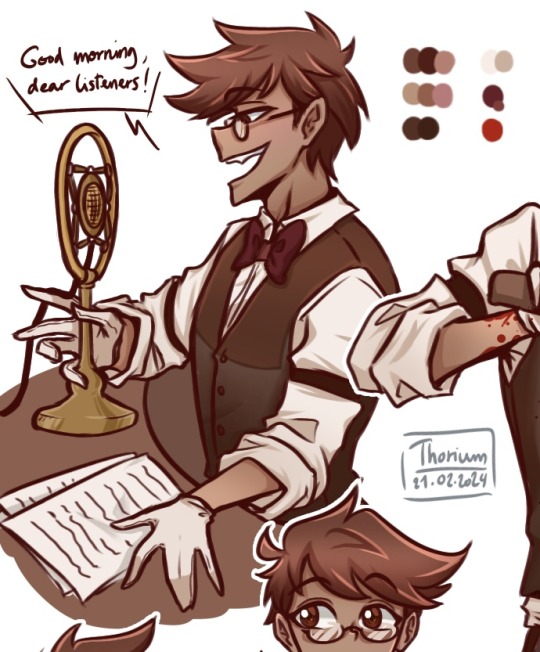


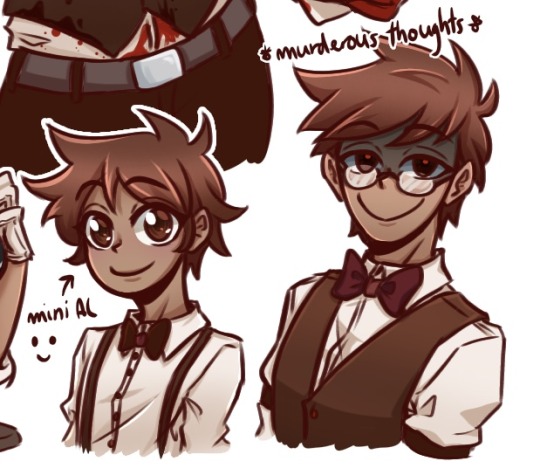
#I love the fact that he’s half French creole cause I am too we’re twinsies#(Im not a serial killer I promise)#I’m still sick and feeling miserable#He’s my emotional support serial killer#alastor#alastor hazbin hotel#hazbin alastor#hazbin art#hazbin hotel#hazbin hotel fanart#hazbin hotel alastor#radio demon#thorium.art#hazbin hotel 2024#hazbin#hazbin hotel art#vivziepop#human alastor#the radio demon#cw blood#sorry i forgot
3K notes
·
View notes
Text
"Marcus B. Christian: The Unofficial Poet Laureate of NOLA and Creole Historian"
Chère, lemme tell y’all ’bout a man who truly captured the essence of our beloved New Orleans: Marcus B. Christian, a poet and historian who held NOLA deep in his soul. He not only celebrated our unique culture, traditions, and history, but also showed the importance of training, economic status, and geographical focus in the production of African American history.
Born on March 8, 1900, in…
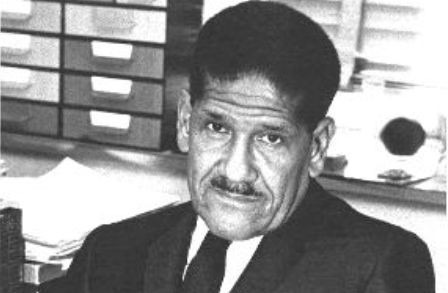
View On WordPress
1 note
·
View note
Photo

Pause café~bijou #cafė #pause #creoles #eihposperles #perlesenverredeboheme #grainesjupati #grainesacai #dagues #argent925 https://www.instagram.com/p/Cp5SJWYNR5e/?igshid=NGJjMDIxMWI=
0 notes
Photo
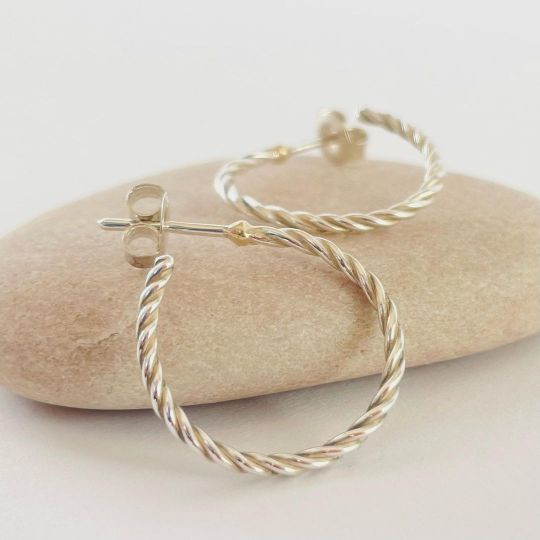
Nieuw - VIKING - creool oorstekers 935 argentium/14k goud. Deze oorstekers zijn prachtig bij een stoere en fijne look. De creolen zijn gemaakt van gerecycled drie strengs handgedraaid argentium935 zilverdraad met een subtiel 14 gouden bolletje bij de oorsteker. Ze hebben een lichte slag en passen perfect bij de Embrace kabelringen en armband. Maar ook solo hebben ze weinig extra’s nodig en matchen prima bij allerlei basissieraden. Diameter 2 cm. Breedte 1,6mm. Deze oorbellen zijn te bestellen via mijn webshop. Wil je de oorstekers liever in goud? Dat kan. Stuur een e-mail naar info@juwelig voor een prijsopgave. #viking #creoles #oorstekers #recyclegoldandargentium935 #goudsmeden #goldsmithing #madewithlove #tobeloved❤️ #juweligamsterdam #juweligwebshop #amsterdammade (at Amsterdam, Netherlands) https://www.instagram.com/p/CpdHMWgounK/?igshid=NGJjMDIxMWI=
#viking#creoles#oorstekers#recyclegoldandargentium935#goudsmeden#goldsmithing#madewithlove#tobeloved❤️#juweligamsterdam#juweligwebshop#amsterdammade
0 notes
Text
As a french person, it's kinda funny to me when fanfic writers make Alastor speak french, and it's always things like "Bonjour mon cher, je t'aime" you know, typical french words from the main France french most people learn here and there.
The thing is, Alastor knows french creole from Louisiana, which isn't the usual France french most people know. Alastor would speak like "Bonjou konmen to yê?" Or "Mo laimm twa" instead ahah.
Also, there's different versions of french creole, the one from Louisiana is not exactly the same from Antillean Creole or French Guianese Creole. If you want here's an example to what Louisiana Creole sounds like!
So yeah if you want to spice up your fics and be more accurate with your Alastor speaking french creole, dont be afraid to look out for Louisiana Creole expressions instead of the typical french you'd normally use! Makes it more fun and more accurate 💃
#hazbin hotel#hazbin hotel fandom#hazbin alastor#text#Creole is still mostly understandable for France french like me but I could not speak creole myself ahah idk if that makes sense to you#also this is not throwing shade at people who write alastor speaking french at all yall this is still a nice detail to add anyways#just some friendly tip if you want to make him speak more accurately
789 notes
·
View notes